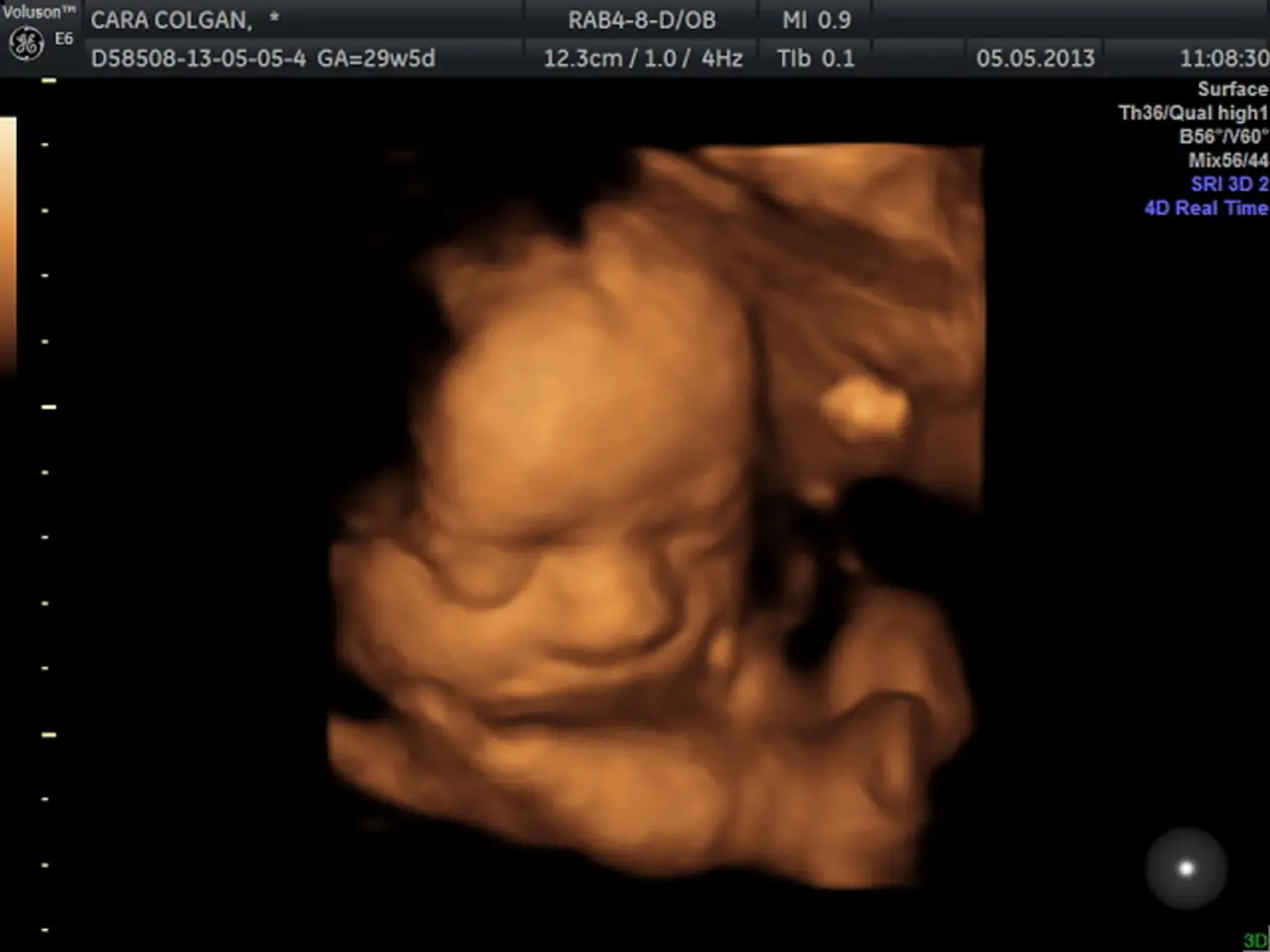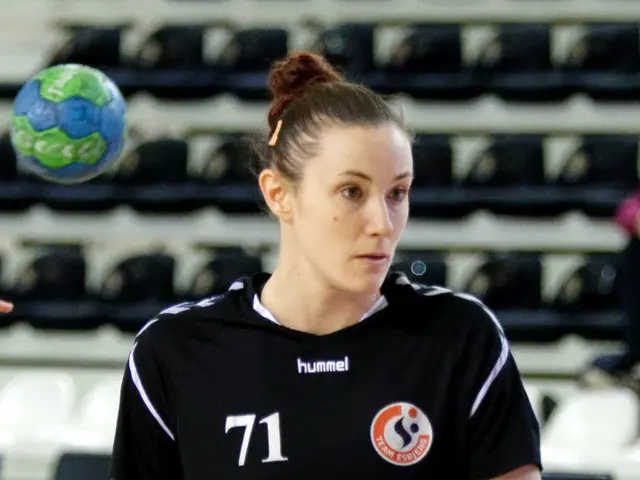India Launches UNNATI Study to Redefine Child Growth Standards Nationwide
The National Institute of Nutrition (NIN) and the Indian Council of Medical Research (ICMR) have launched the UNNATI study in six regions across India. This study aims to develop India-specific standards for the growth and neurodevelopment of children from birth to 24 months. Pregnant women meeting specific criteria are invited to participate.
The UNNATI project will assess the neurodevelopment of infants using the WHO-GSED tool. It will collect data from diverse regions including Delhi, Indore, Pune, Bengaluru, Purulia, and Shillong to represent India's geographical and cultural diversity. In Indore, the project is led by Dr Madhav Prasad Hasani, the chief medical and health officer. Over 3.5 years, infants born in the study will be monitored for growth parameters such as weight, length, and head circumference.
Currently, children's growth and development are assessed using WHO standards, which may not fully represent India's diverse population and living conditions. The UNNATI study seeks to provide accurate and representative data to strengthen child healthcare and guide future health policies.
The UNNATI study, conducted by NIN and ICMR, is a significant step towards establishing Indian-specific growth and neurodevelopmental charts. It invites pregnant women meeting specific criteria to participate, aiming to improve the assessment and care of Indian children's growth and development.








